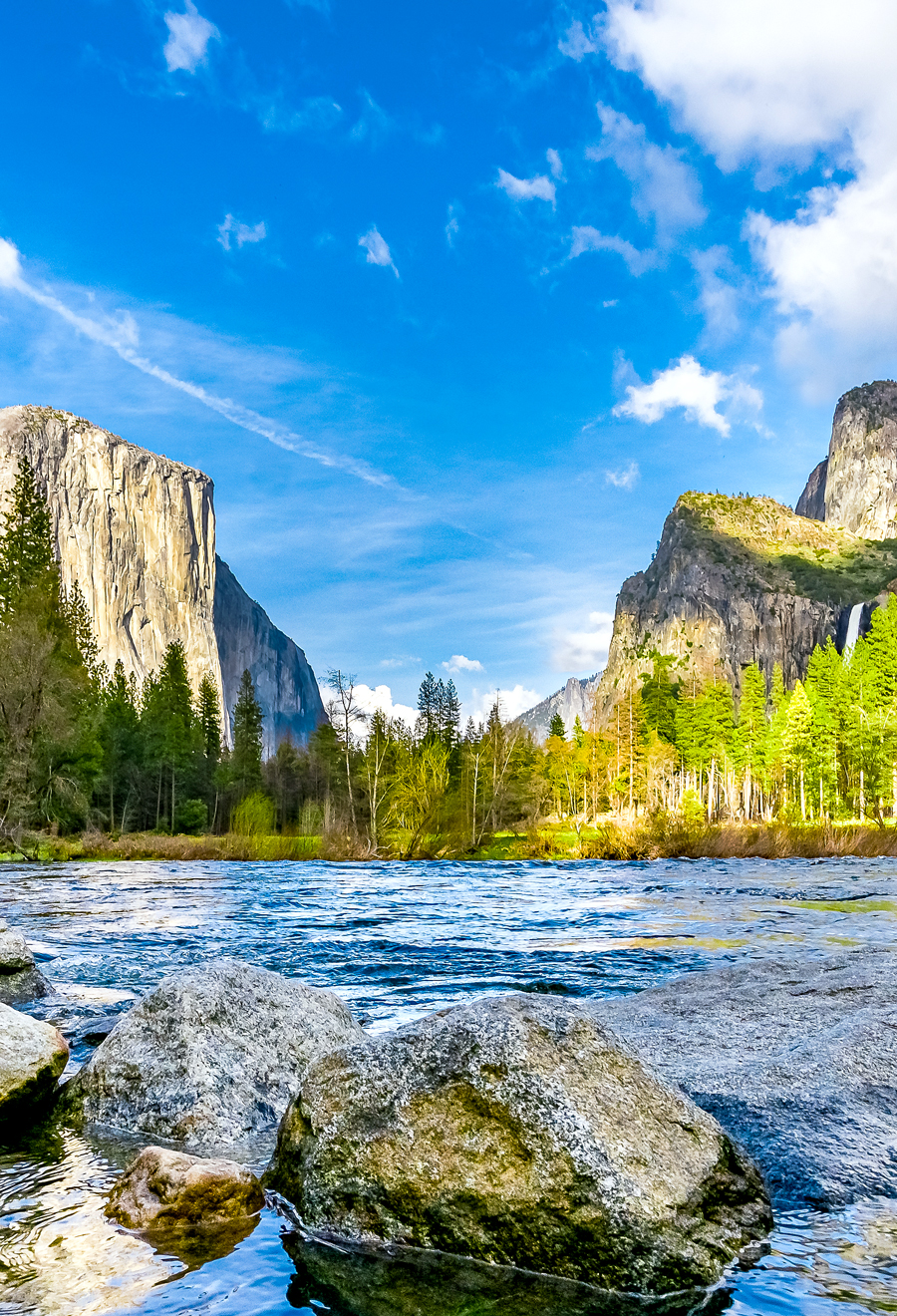The U.S. National Park System contains 429 individual sites that cover more than 85 million acres of land. These federally protected landmarks are renowned for their natural beauty and historical significance. But while it’s easy to get swept up in the wonder of visiting these parks, it’s also important to practice proper etiquette during your visit. This helps keep the parks in pristine condition and also ensures the safety of yourself and those around you. Breaking any park rules may result in serious injury, fines, and possibly even arrest. Here are seven things you should never do in a national park.
Approach Wildlife
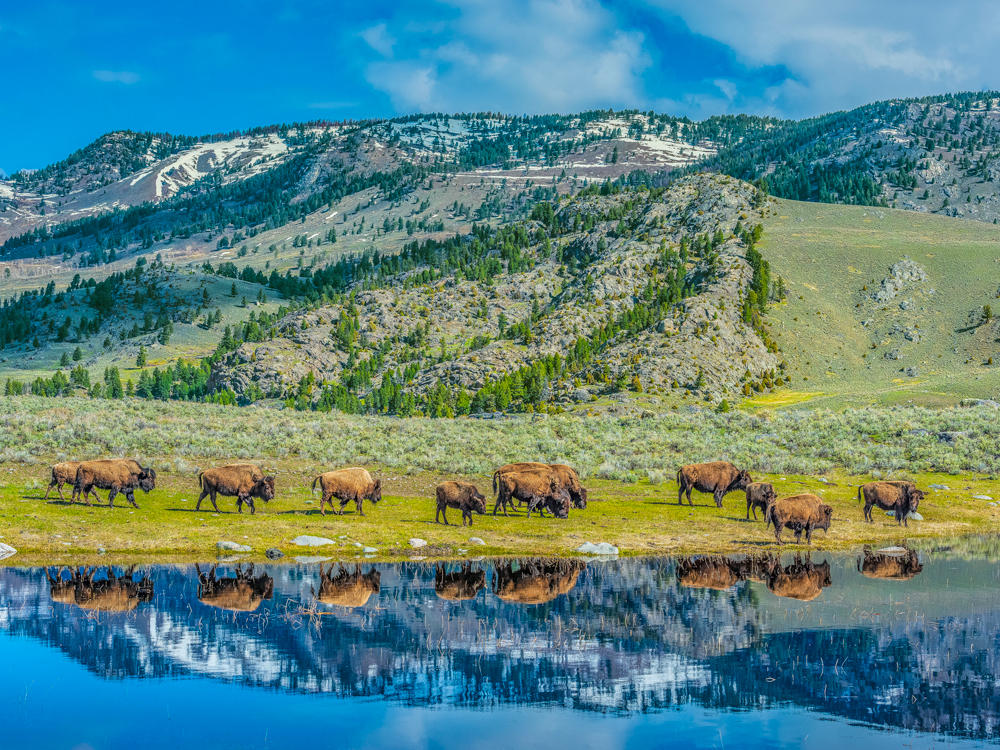
Approaching wildlife is one of the most dangerous things any national park visitor can do, as it jeopardizes the well-being of both you and the animal. This is especially true in the case of larger, more dangerous creatures such as the bison that live in Yellowstone or the alligators found in the Everglades. You should familiarize yourself with each park’s guidelines, but in general, the National Park Service says you should keep a minimum of 25 yards from most wildlife and 100 yards from predators like wolves and bears.
If you come upon an animal while hiking, keep your distance until the animal goes on its way. Getting too close may cause the animal to react to your presence by panicking or attacking, and touching an animal may result in further harm or disease. As the Park Service sums up, “Let wildlife be wild and observe from a distance.”
Take Home Natural Souvenirs
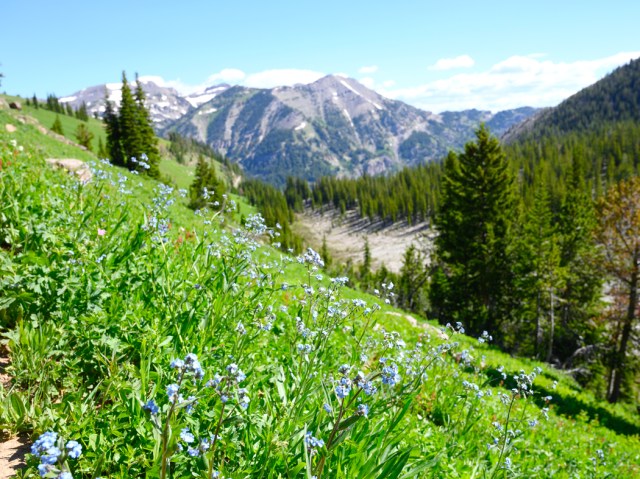
Removing rocks, plants, or any other natural souvenir from a national park site is not permitted, as your actions may negatively impact the ecology of the region. What may look like a simple rock could actually be an important fossil, and you never know what plant species may be protected. Even broken branches on the trail should be left where they are, as they may be essential tools for an endangered bird to build its nest. The only items you should take from any national park site are those purchased in the gift shop.
Leave Any Trace Behind
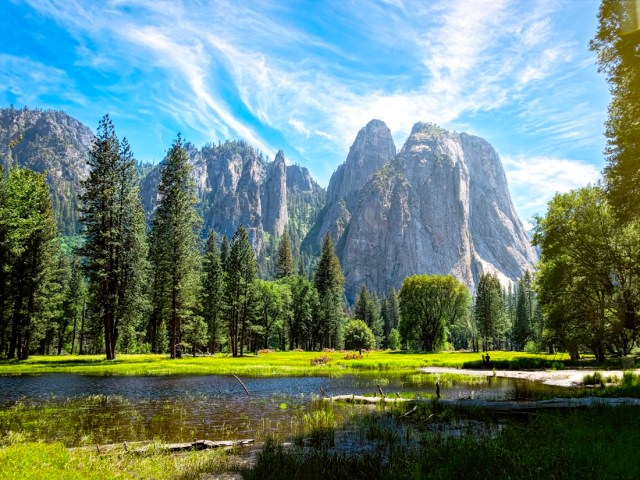
Likewise, the only evidence of your visit to a national park should be the footprints on the trail that you leave behind. If you’re camping, be sure to take all of your garbage and dispose of it in the proper receptacles. This especially includes food items — many creatures in the parks may struggle to digest human food, or it may cause the animals to become reliant on humans for food. Vandalism is also strictly forbidden. Never carve your initials into a tree, paint a smiley face onto a rock, or any other similar act.
Fly Drones
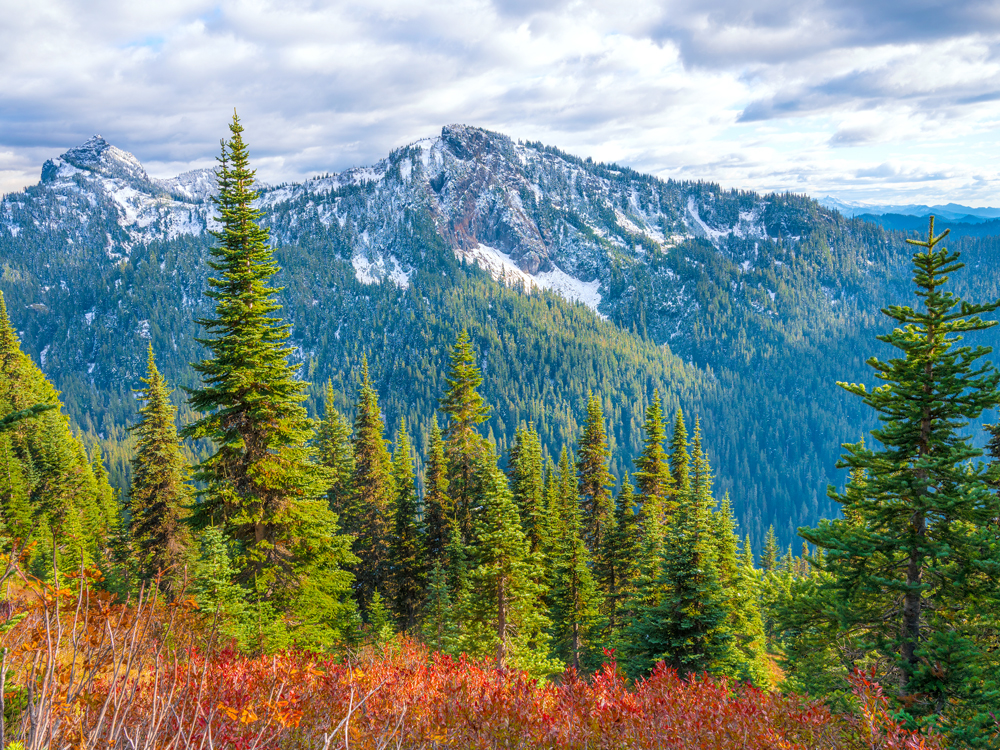
You might be tempted to capture the beauty of a park with aerial photography, but flying drones or other unmanned aircraft is explicitly forbidden at the majority of national park sites. This ban exists for several reasons. First, it’s meant to limit noise pollution that can bother fellow parkgoers and startle the animals. It also protects the privacy of any visitors to the park. Plus, there have been several instances of drones crashing in national parks, which poses a serious risk to the wildlife and vegetation. It’s essentially considered littering should your drone crash into a canyon or other inaccessible area.
Smoke
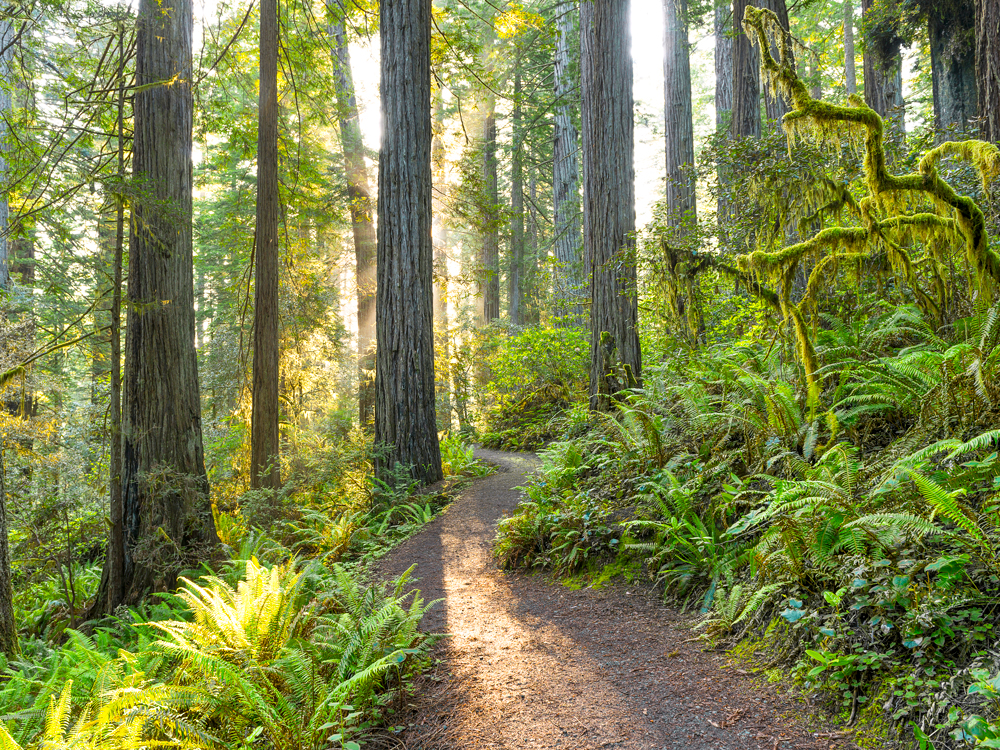
Some national park sites have explicit smoking bans, while others permit it. But even if you’re technically allowed to smoke, it’s still good park etiquette to keep your cigarettes in the car while out on a hiking trail. People visit national parks to take in the beauty of nature — not to inhale secondhand smoke. Ingesting smoke is harmful not just to other visitors, but also to the wildlife. Finally, leaving used cigarette butts along the trail or in the parking lot contributes to unwanted pollution and could even pose a fire risk. All it takes is one glowing ember and some dry grass to cause widespread destruction.
Ignore Signage
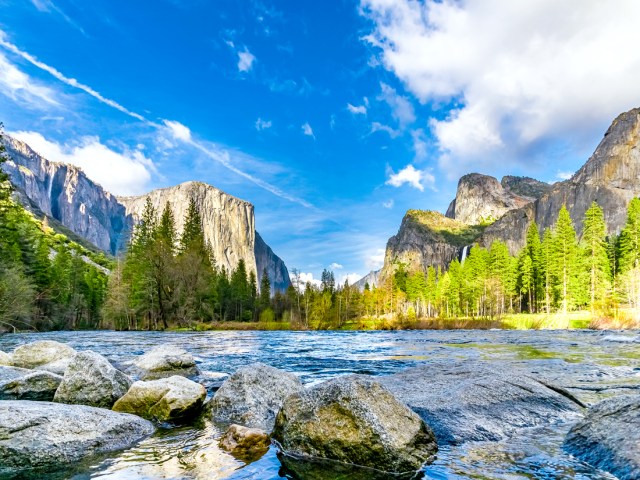
It may seem obvious, but it’s worth reiterating: Always adhere to any signage you see in a national park. If a sign says “trail closed,” for instance, then you should find another trail to hike down rather than proceed with caution. Signs like that are there for your safety and to help protect the delicate ecosystem of the park. Ignoring a sign could cause any number of issues, from agitating animals to damaging important plant life. These signs may also be there to warn you about a slippery or uneven trail, which may pose a serious risk of potential injury.
Bring Unleashed Dogs
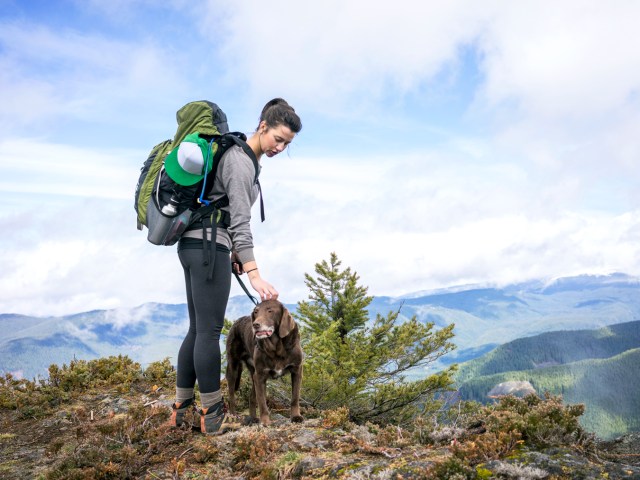
Pets are welcomed at many national park sites, especially in campgrounds and marked trail areas. However, park goers should never allow their dogs to go off leash, as it increases the risk of harm to both your pet and also yourself. Imagine visiting Yellowstone and encountering a brown bear on the trail — even if well trained, dogs are unpredictable, and the situation may suddenly turn dire if your dog starts barking and charging at the bear. To ensure that everyone stays safe and happy, always keep your dog on a leash while visiting any national park.
More from our network
Daily Passport is part of Inbox Studio, an email-first media company. *Indicates a third-party property.






